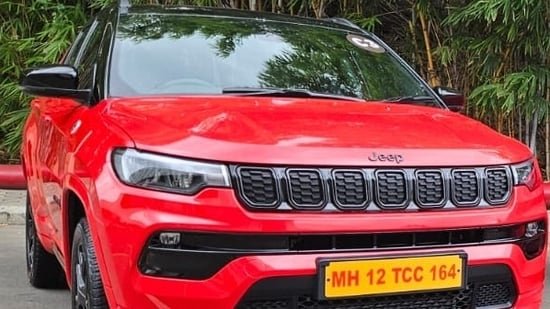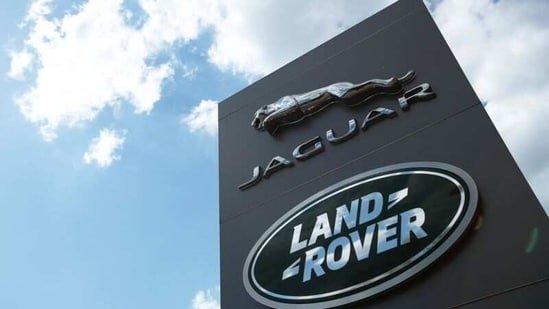The government is likely to make it comparatively easy for automakers to avail benefits under the Rs 25,929-crore production-linked incentives (PLI) scheme for automobiles and auto components by deciding not to seek complex details on localisation as it had initially planned.
Automakers will be able to avail the benefits by submitting sourcing and pricing details of all the parts used in the vehicles from their Tier-1 or direct suppliers, instead of providing information up to Tier-3 suppliers or subcontractors as the government planned initially, people aware of the matter said.
This move comes at a time when the automobile and component manufacturers were finding it difficult gather more detailed documentation to establish localisation, which is a key element required for getting support under the PLI programme.
The proposed change has been enshrined in the standard operating procedures (SOPs) that will dictate the implementation of this scheme, officials in the know said.
The SOPs are presently in draft stage but have been firmed up by the Ministry of Heavy Industries (MHI) after consultation with the automobiles and auto components industry representatives.
“The Tier 1 suppliers need to ensure that they are locally sourcing their parts,” a senior government official told ET. “This will be covered in the commitments sought from the automobiles and auto components makers that are the targeted beneficiaries of the PLI scheme.”
The idea behind seeking data up to tier-3 suppliers was to ensure there is adequate value generation in the local market and taxpayer funds are not being used to subsidise imported parts. However, automakers said they could not get such data and their suppliers would also not share this information given its commercially sensitive nature.
A direct supplier to an original equipment manufacturer (OEM) is called a tier-1 supplier. Vendors to the direct supplier are called tier-2 suppliers and so forth.
As per new SOPs, instead of sharing all the sourcing and pricing related information up to tier-3 level vendors, tier-1 suppliers will have to issue a declaration stating the percentage share of domestic value added in the parts that they are selling to automakers, people cited above said. This domestic value addition (DVA) declaration has to be certified by a chartered accountant.
Separately, automakers availing scheme benefits will have to get the overall DVA in their vehicles certified by a statutory auditor, they said.
ET had reported on March 3 that the MHI is close to finalising the SOP manual for the PLI scheme.
Presently, a private consultant is reviewing the manual, two people in the know said.
The new SOPs are expected to remove a critical roadblock for the scheme, which is drawing close to the end of the first year in its five-year tenure.
The concerns of the government around DVA have been heightened after instances of misconduct came to light in a separate scheme to promote electric vehicles, called FAME-India, where some manufacturers allegedly availed subsidies by falsifying data about localisation.
The PLI scheme for the automobile and auto component sector has shortlisted 20 OEMs manufacturing cars, two-wheelers and three-wheelers, as well as new non-automotive investors. The scheme also has shortlisted around 75 component makers.
source
The post is published through a syndicated feed and attributed to Economic Times.





